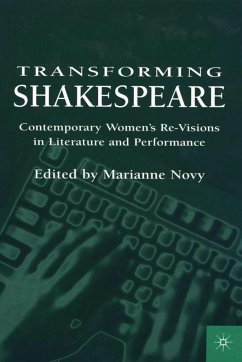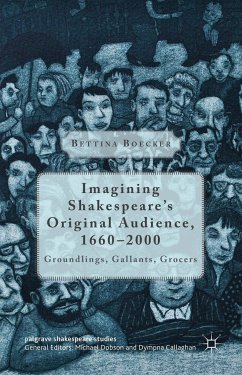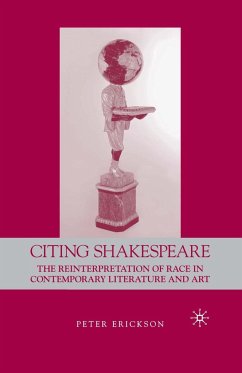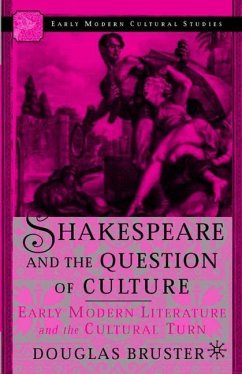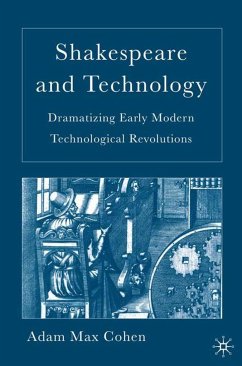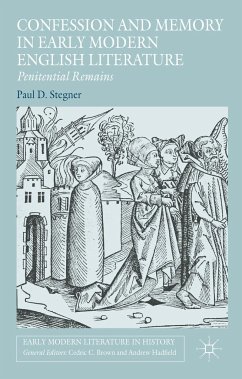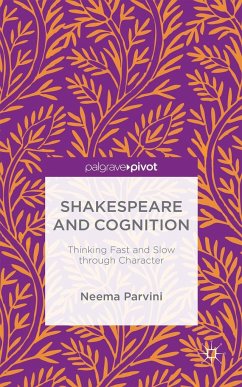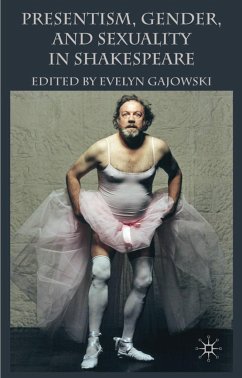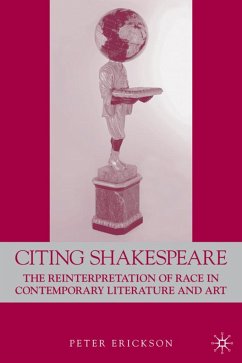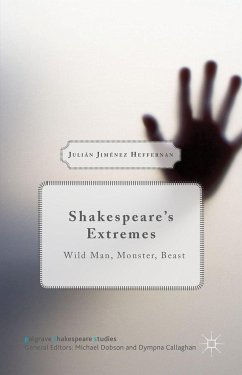
Tempests After Shakespeare
Versandkostenfrei!
Versandfertig in über 4 Wochen
52,99 €
inkl. MwSt.

PAYBACK Punkte
26 °P sammeln!
Tempests After Shakespeare shows how the 'rewriting' of Shakespeare's play serves as an interpretative grid through which to read three movements - postcoloniality, postpatriarchy, and postmodernism - via the Tempest characters of Caliban, Miranda/Sycorax and Prospero, as they vie for the ownership of meaning at the end of the twentieth century. Covering texts in three languages, from four continents and in the last four decades, this study imaginatively explores the collapse of empire and the emergence of independent nation-states; the advent of feminism and other sexual liberation movements ...
Tempests After Shakespeare shows how the 'rewriting' of Shakespeare's play serves as an interpretative grid through which to read three movements - postcoloniality, postpatriarchy, and postmodernism - via the Tempest characters of Caliban, Miranda/Sycorax and Prospero, as they vie for the ownership of meaning at the end of the twentieth century. Covering texts in three languages, from four continents and in the last four decades, this study imaginatively explores the collapse of empire and the emergence of independent nation-states; the advent of feminism and other sexual liberation movements that challenged patriarchy; and the varied critiques of representation that make up the 'postmodern condition'.





